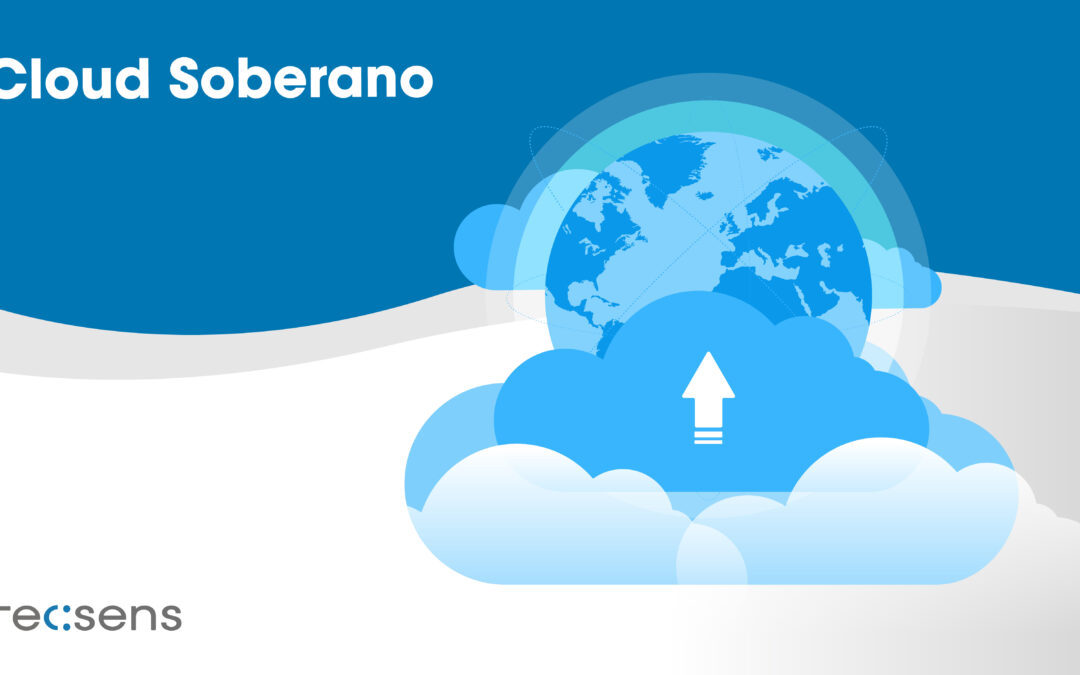Technological advancement has led to an increasing reliance on cloud services. The ability to store, process and access data remotely has revolutionized the way businesses and individuals interact with information. However, it has also raised concerns about privacy, security and data control. In response to these concerns, the concept of “Sovereign Cloud” has emerged.
What is the Sovereign Cloud?
The Sovereign Cloud refers to the implementation of cloud services that are under the full control of a country or sovereign entity. Instead of relying on foreign providers, the Sovereign Cloud seeks to ensure the security and sovereignty of data by keeping it within national borders and under the direct control of local authorities.
3 advantages of the Sovereign Cloud
Ability to protect a country’s sensitive and critical data
By using internally managed and controlled cloud services, organizations can avoid exposing their information to foreign entities that might have competing interests. This is especially relevant in the case of governments and government agencies, which handle sensitive data related to national security and other sensitive matters.
Benefits in terms of technological autonomy and economic development
By encouraging the creation and growth of domestic cloud service providers, countries can reduce their dependence on foreign companies and strengthen their domestic technological capacity. This not only boosts innovation and competitiveness, but also generates employment and contributes to sustainable economic development.
Protecting citizens’ privacy
By keeping data within national borders and under the control of local authorities, stricter policies and regulations can be implemented to ensure the privacy of individuals. This is especially relevant in a context where concerns about privacy and the misuse of personal data are on the rise.




